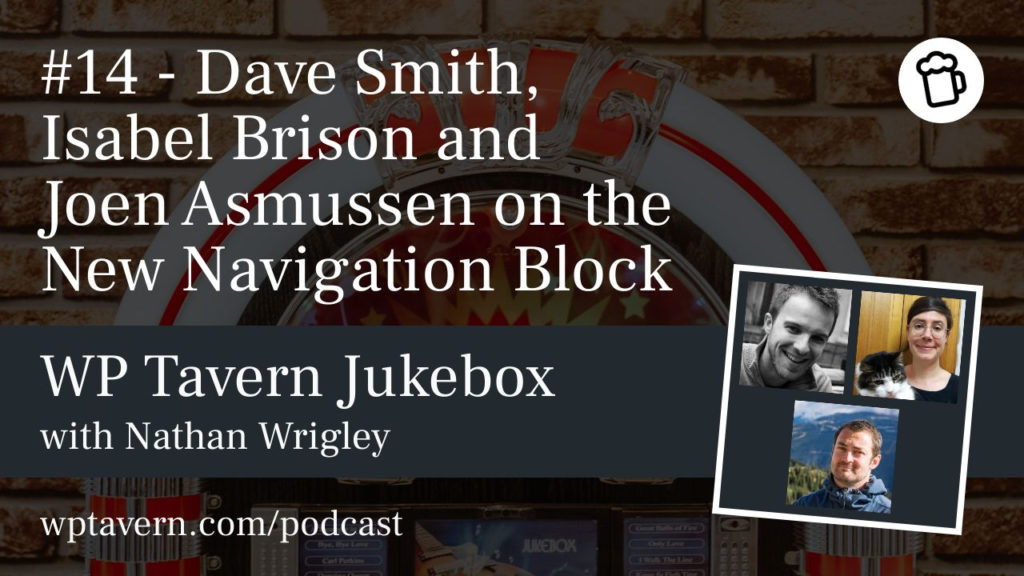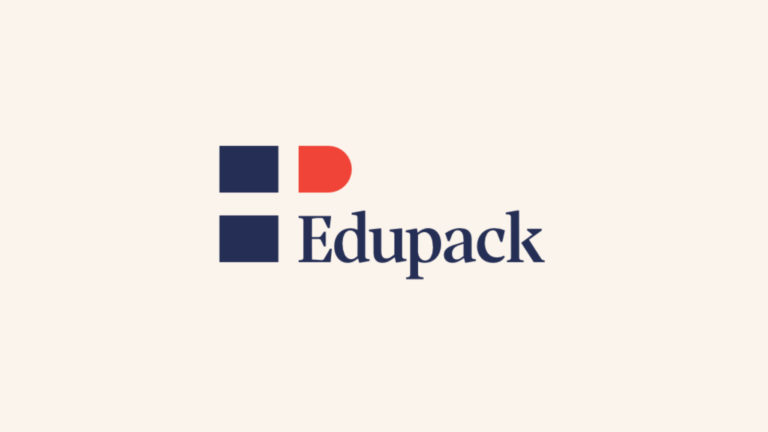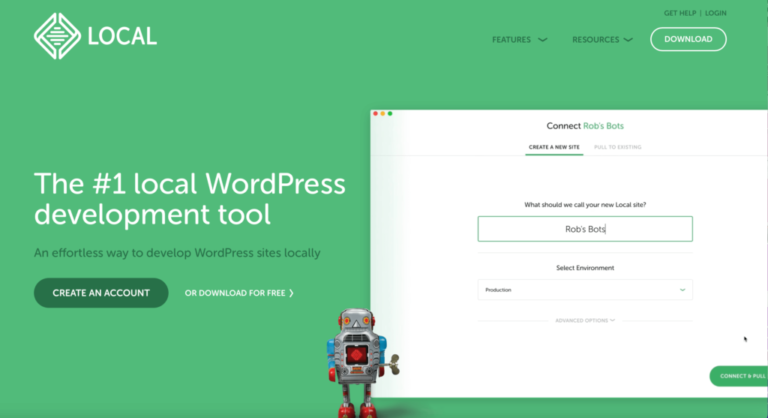
#14 – Dave Smith, Isabel Brison and Joen Asmussen on the New Navigation Block
…Full post on WP Tavern
Read Full

…Full post on WP Tavern
Read Full

When you choose the right font for your website, you can develop a unique brand while maximizing readability. However, you’ll likely only have a few default options in WordPress. Fortunately, you can easily create custom fonts using the webfont generator at Creative Fabrica. With this tool, you can choose from thousands of fonts and convert…

First disclosed by security researcher Calvin Alkan of snicco, the vulnerability impacts all versions of Bricks Builder before version 1.9.6.1. Identified as a Remote Code Execution (RCE) flaw, it poses a critical security risk, allowing attackers to potentially gain unauthorized control over websites running on an affected version of Bricks. What is Bricks? Bricks or…

“We’re basically building the Jetpack for Higher Ed,” said Blake Bertuccelli as he pitched me on the idea of Edupack, a project still in its early stages. He and his team are looking for more advisors to join the eighth round of their once-monthly braintrust events. It is a project they began in November 2020,…

Making changes to your live WordPress website can be time-consuming and risky. If something goes wrong during an update, you can lose all your work and inconvenience your site visitors. Fortunately, by using a local development environment for your site, you can make changes in private. You’ll have a safe space to build and edit…

A collection of leading WordPress agencies have launched a collaborative project to promote the platform to large-scale organizations. Big Bite, in partnership with 10up, Alley, Human Made, Inpsyde, and XWP, have published a free WordPress for Enterprise guide that includes contributions from Google and WordPress VIP. The guide highlights many high profile companies and organizations…

With every WordPress update, the platform introduces new features and editing tools. These changes can feel overwhelming, especially if you have just familiarized yourself with the latest version. As the new WordPress 5.8 update approaches, you may be wondering what to expect from the upcoming editing overhaul. WordPress 5.8 will introduce Full Site Editing (FSE)…